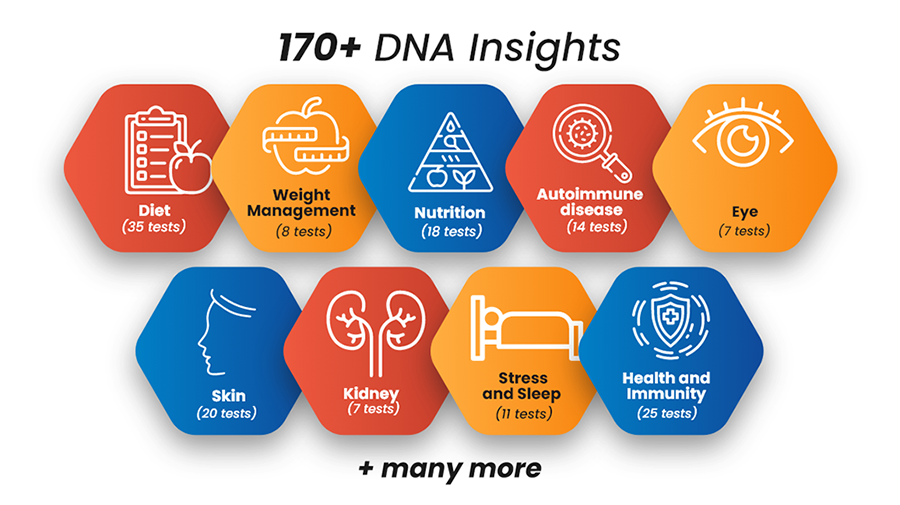Role of Genetic Testing
In the medical field, doctors recommend diagnosing genetic disorders through genetic testing. It helps them to predict the risks and also in gaining information that can help them in customizing medical treatment. Some also use this procedure to know about biological relatives like the mother and father of the child and the ancestry of the individual.
DNA paternity testing helps in this. This is also the same for the genetic testing of animals and plants and helps in gaining information about a selective breed.
Why is genetic testing done?
There are some reasons for doing genetic tests. These are as follows:
* By doing this test, one gets to know if he has any genetic condition which can pass to your
family. One can get to know about it before having the symptoms.
* One can learn about the pregnancy which can have a genetic condition.
* The genetic test can determine the genetic condition the person with symptoms is suffering
from
* It also guides the prevention or treatment plan for cancer.
* When you get to know about the problem properly, you can decide what is right and wrong for
you.
Different types of genetic testing
A single genetic test cannot detect all the conditions of genes. The basis of it is the medical history of the family of an individual and the condition for which he is getting tested.
Single gene testing: It can test changes in one gene. Doctors recommend this test for the person who has symptoms of a specific condition or syndrome and her child as well. For example- sickle cell disease. They also use it for a known genetic mutation in a family.
Panel testing: It can test changes in several genes in one test. This is based on different kinds of medical conditions. This can have an association with the high chance of developing cancers like colorectal and breast cancer.
Large-scale genetic or genomic testing: Two different kinds of large-scale
genetic tests are Whole-genome sequencing and Exome sequencing.
a.) Whole-genome Sequencing -Genome tests the whole DNA of a person as it is
the largest genetic test and the latter tests only the genes related to a medical condition.
Doctors recommend these tests for people who have complex medical histories.
b.) Exome Sequencing- The exome makes up only 1.5% of the whole human genome,
however, all protein-coding genes are found in the exome. A large number of genetic disorders
are related to mutations in protein-coding genes, most of the physicians and scientists that use
sequencing technologies for diagnosing start with exome analysis. Exome sequencing and its
analysis take less time as compared to whole-genome sequencing that too less than half the
cost.
How you prepare
Knowing about the medical history of your family is important for doing genetic testing. Then, you need to visit a fertility expert doctor to discuss medical history to learn about the risks. You can share your concerns about the genetic testing with the doctors and the rest depends on your test result.
You can discuss your decision about having genetic testing with your family. It will help you to understand your family’s response after you test it. Every health insurance policy generally does not pay for this test. You need to consult your insurance provider to cover it with the policy.
Risks and Concerns
In general, there may be physical risks related to genetic tests. There is no risk in blood and cheek swabs. If one wants to do an amniocentesis or chorionic villus sampling, there is less than one percent risk of loss of pregnancy. It also includes concerns about family and emotions as to how everyone takes once they come to know about the condition. You should need to discuss all these risks with your genetic counsellor or doctor.



